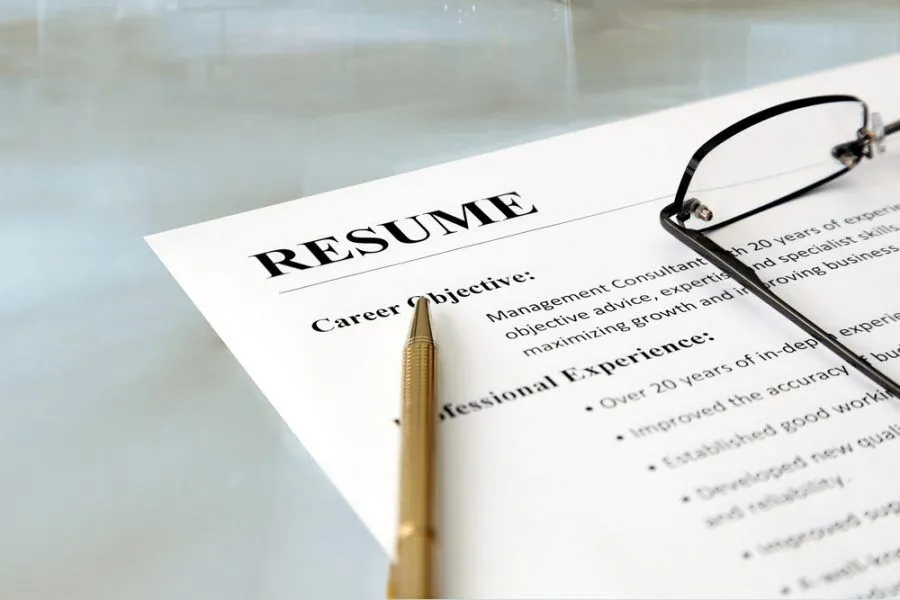Language plays a pivotal role in how resumes are perceived. From the structure of each sentence to the choice of specific words, psychological cues embedded in language influence how hiring professionals interpret a candidate’s potential. They are not just lists of experiences; they are narratives modified to match expectations, address preferences, and create alignment between job requirements and professional capabilities.
One example of a platform that highlights this approach is https://www.resumeble.com/. Such sites demonstrate how the strategic use of language and formatting techniques can help individuals modify their resumes to resonate with both applicant tracking systems and human reviewers. The way information is presented often matters just as much as what is being said.
Framing Experience with Purpose
Framing is a psychological strategy that involves presenting facts in a specific context. In resumes, framing turns responsibilities into achievements by showing impact. Instead of listing duties, language that reflects outcomes, such as “led a team that increased efficiency” or “implemented a system that reduced processing time,” provides a clearer sense of contribution.
Such a shift taps into the recruiter’s need to quickly assess value. This type of phrasing also helps guide attention toward measurable results. When hiring, professionals read statements framed with intent and outcomes; they process those statements more positively, which associates the job seeker’s capability and reliability.
Choosing Words That Evoke Professionalism
Word choice strongly influences how a candidate’s credibility is judged. Certain action verbs, such as “coordinated,” “executed,” or “oversaw,” signal decisiveness and leadership. Using dynamic terms helps paint a picture of initiative, while passive language may appear vague or non-committal. However, balance is essential. Overloading a resume with intense action words without substance can dilute the overall message.
The psychology here ties into perception. Words act like quick signals, as recruiters often associate certain terms with specific jobs, skills, or personality traits. Hence, crafting it with intentional vocabulary helps create a smoother mental match between the applicant and the job description.
The Role of Structure and Readability
The way content is organized also affects comprehension. Resumes with consistent formatting, logical flow, and clearly defined sections create ease of reading. This impacts first impressions. When hiring, professionals can navigate it quickly, as they’re more likely to focus on the details.
Psychologically, structured layouts reduce cognitive load. Bullet points, spacing, and alignment all contribute to the digestibility of the information. The brain is more likely to remember and favor documents that feel cohesive and effortless to scan. Reflecting the language used in job postings or industry standards may help subtly mirror those expectations. This psychological tactic, often referred to as linguistic mirroring, supports faster identification of a good match.
Why Hire Resume Development Services?
Resume development services are designed to enhance the presentation of information in a professional document. Drawing from psychological principles, these services focus on shaping language to reflect both clarity and relevance. Through a detailed review of job roles and industry requirements, they identify essential keywords, refine phrasing, and ensure that each section is organized for maximum readability. Beyond language, these services also offer support in formatting and layout, thus helping to create resumes that align with both automated screening systems and human expectations.
By analyzing patterns in recruiter behavior and current hiring trends, they apply structured approaches that aim to enhance clarity and alignment with standard hiring practices. By offering feedback, they help strike a balance between a professional tone and factual storytelling. Their approach focuses on presenting candidate experience in a way that aligns with common recruiter expectations.
The psychology behind language reveals how word choice, structure, and layout impact the perception of qualifications. Framing achievements in clear terms and maintaining readability helps create a professional impression. Guided by behavioral insights, resumes serve as strategic tools that convey both skill and clarity of purpose.






